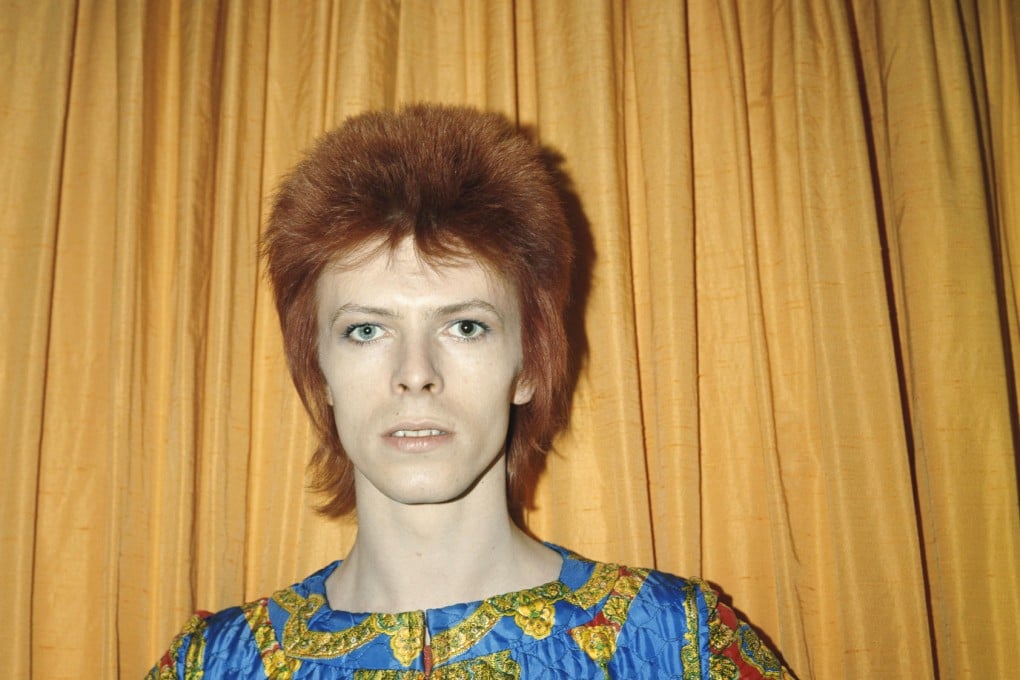1971, when David Bowie's Hunky Dory album foretold the music to come
The watchword for David Bowie has always been "change": from Ziggy Stardust to the Thin White Duke, from soul crooner to stadium rocker, his very career has been an evolving performance copied by many, matched by none. Changing characters, changing music and changing appearance - stylistically Bowie has never stood still.

Hunky Dory
David Bowie
RCA

The signs of his future trajectory were made apparent early in his career on Hunky Dory and as if to presage the future, Changes - the opening track and one of the album's many standouts - was a prescient nod to what lay in store not only for Bowie but for the next 40-odd years of rock music.
Though Hunky Dory was Bowie's fourth album under his own name, it was his first fully realised collection, with a clutch of sure-fire singles that laid the foundation for his genre-setting next album, The Rise and Fall of Ziggy Stardust and the Spiders From Mars.
By Hunky Dory's release in 1971, Bowie had experimented with hard rock in The Man Who Sold the World, touched on 1960s psychedelia in Space Oddity and rummaged around the music hall cupboard on his eponymous debut in his search for a pop identity.
But until then he'd been a follower. By Hunky Dory, with his killer band led by guitarist and eventual lead Spider Mick Ronson in place, Bowie was able to manifest the stunning talent that would shape rock music forever after.